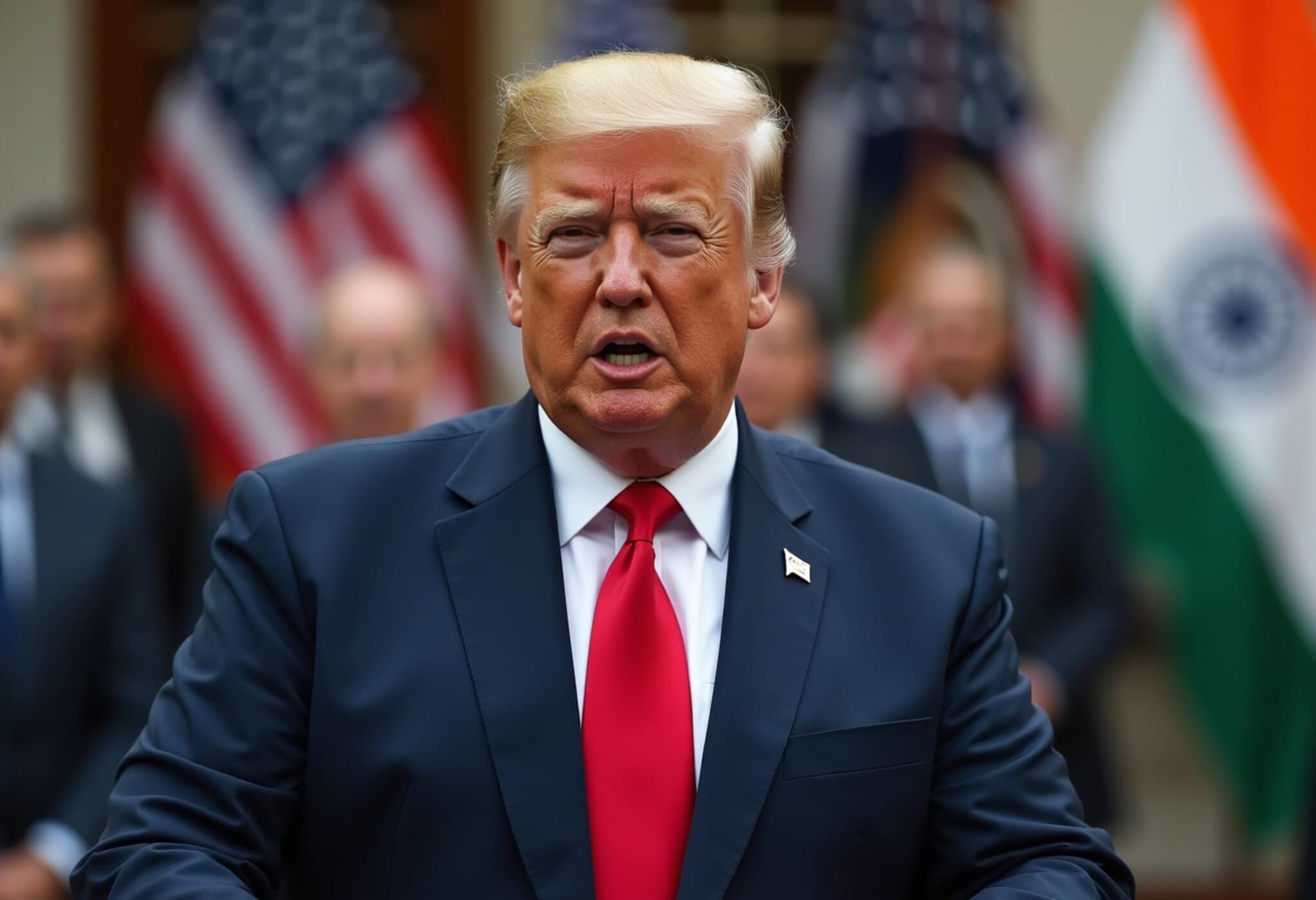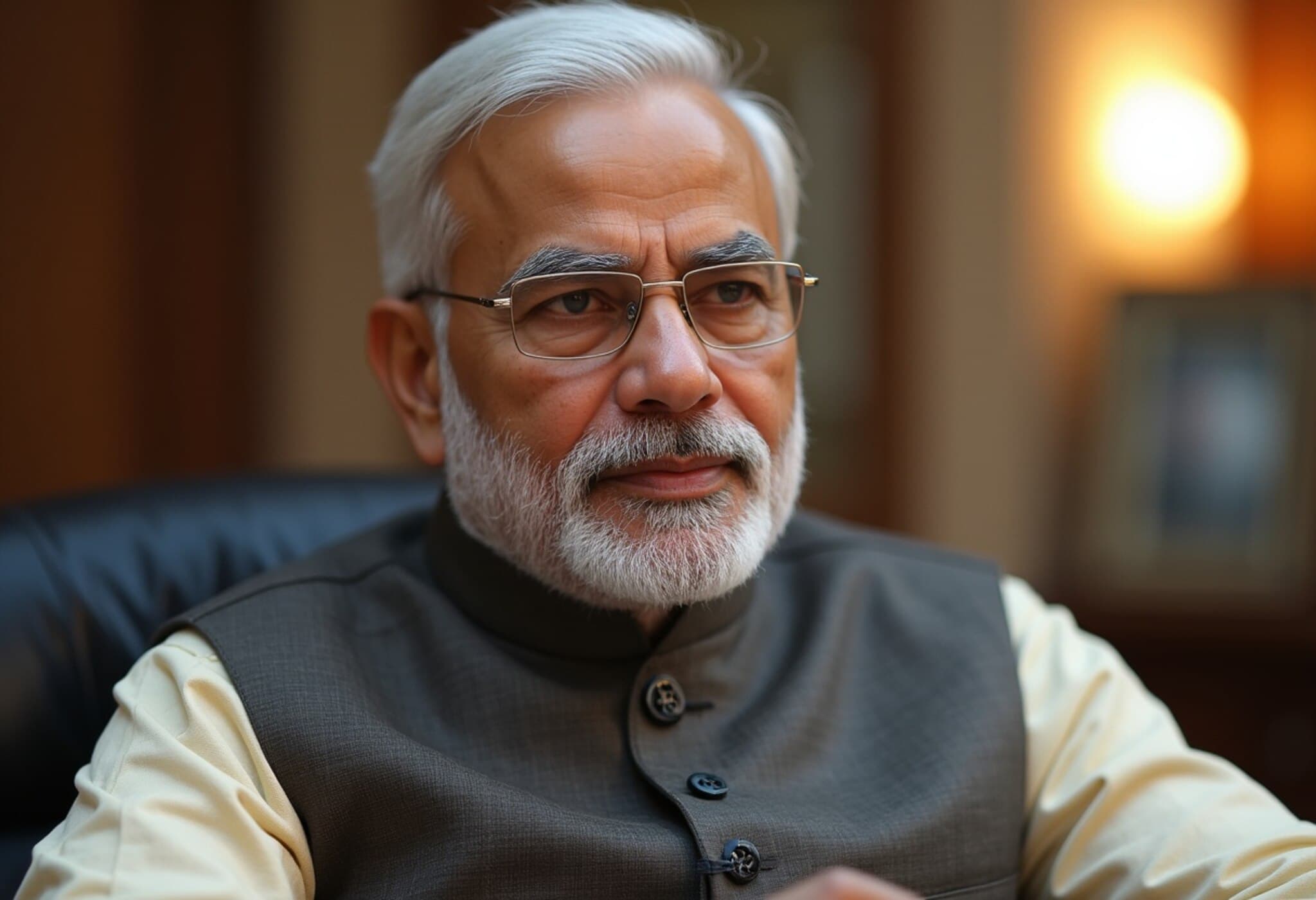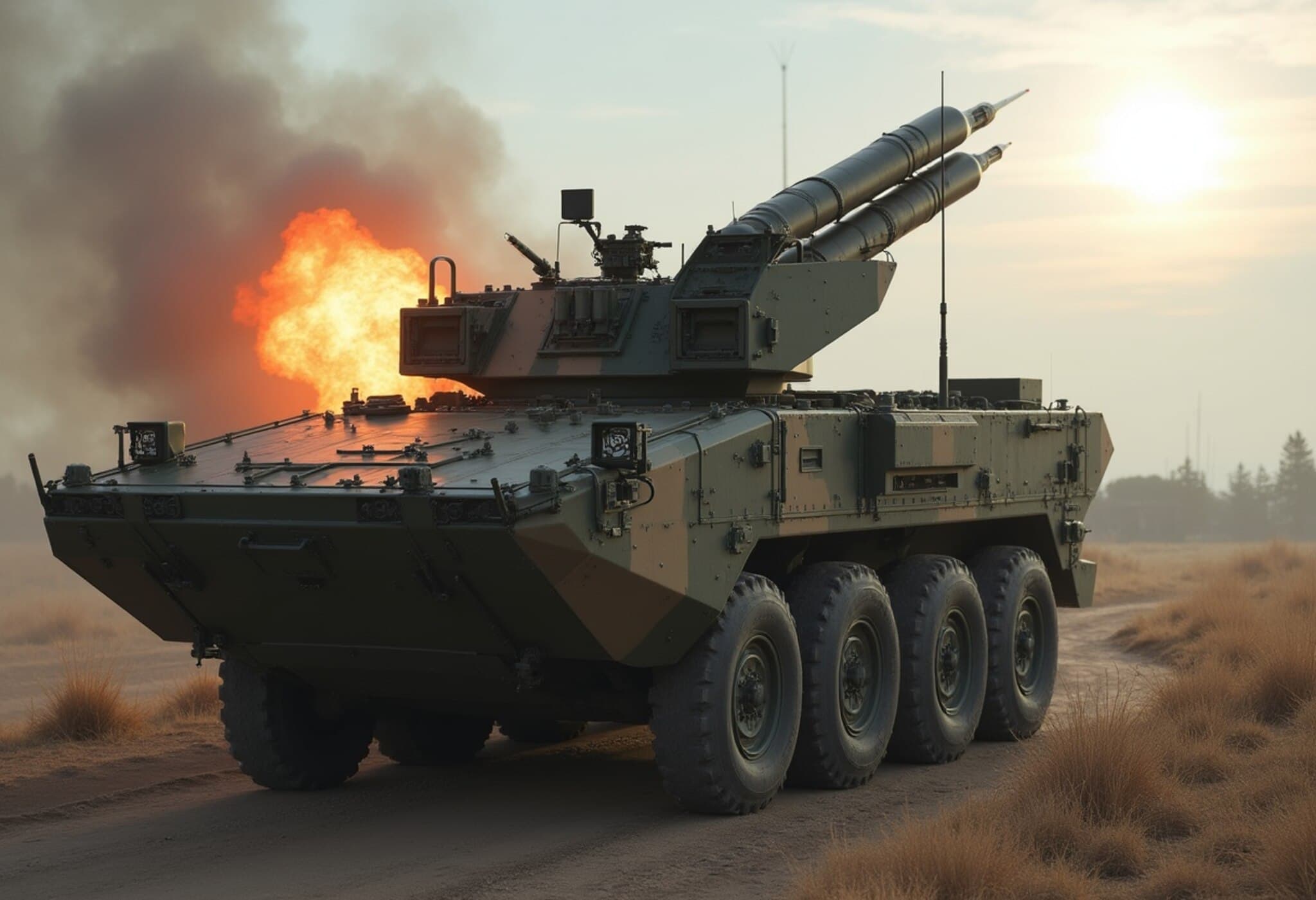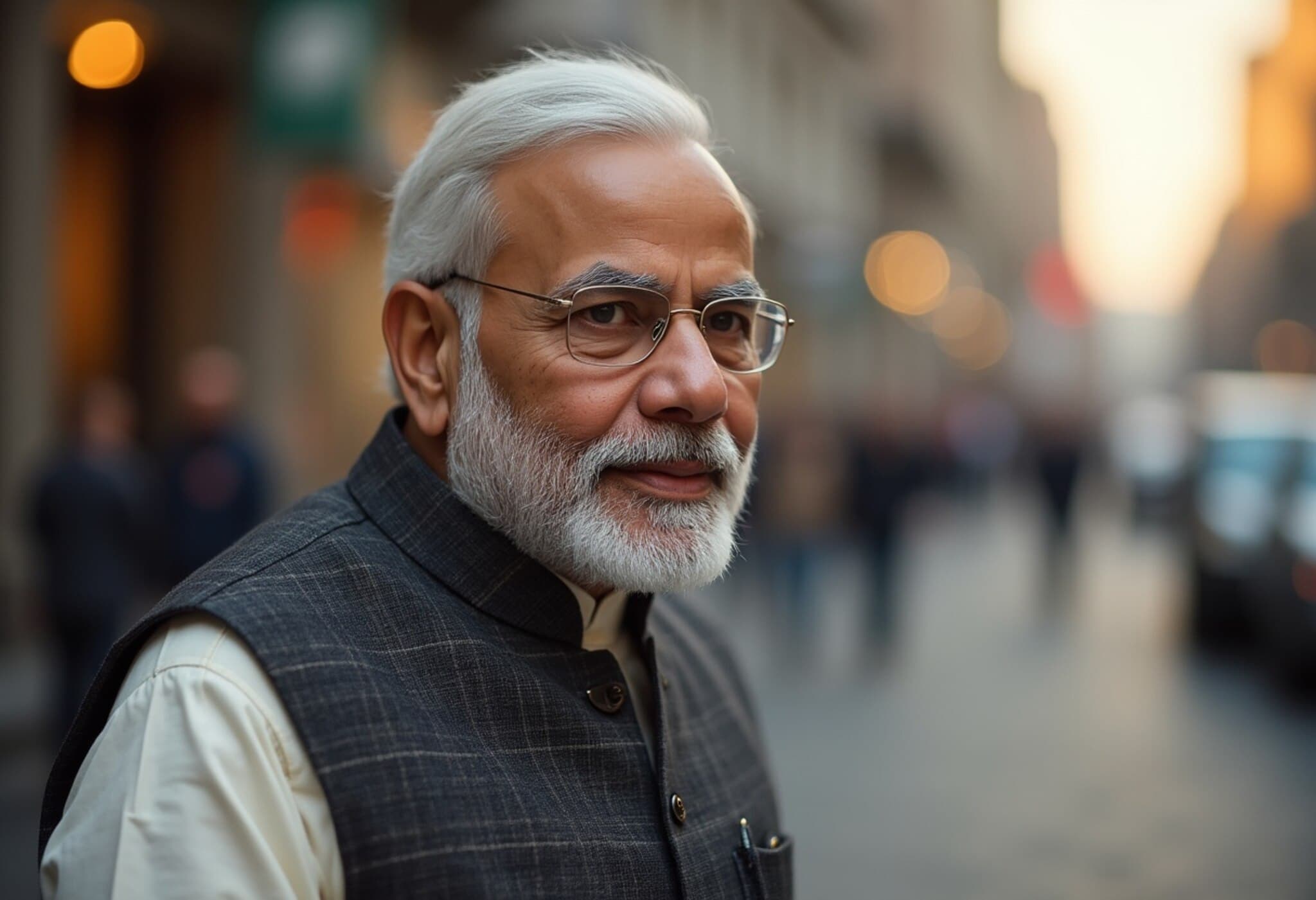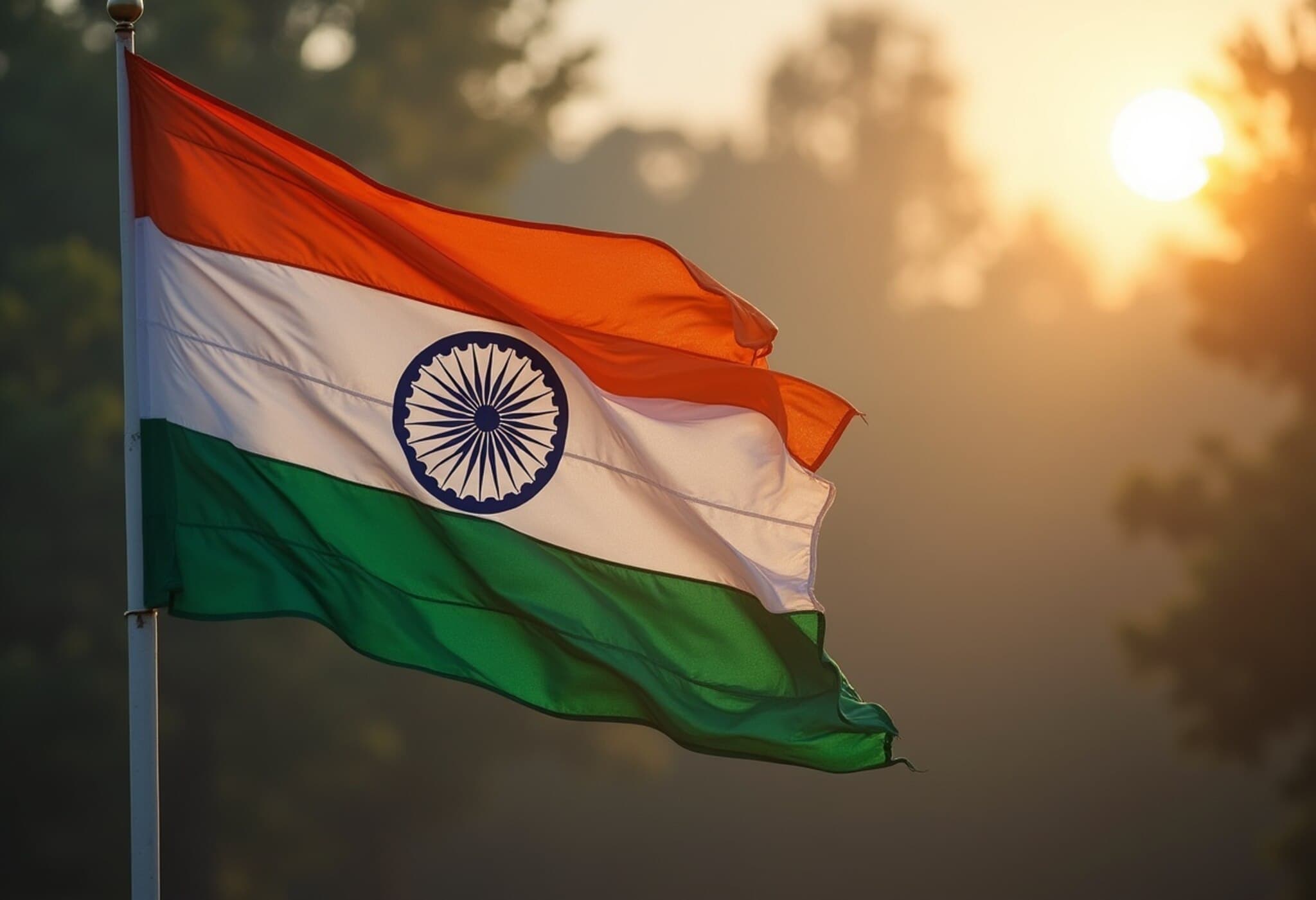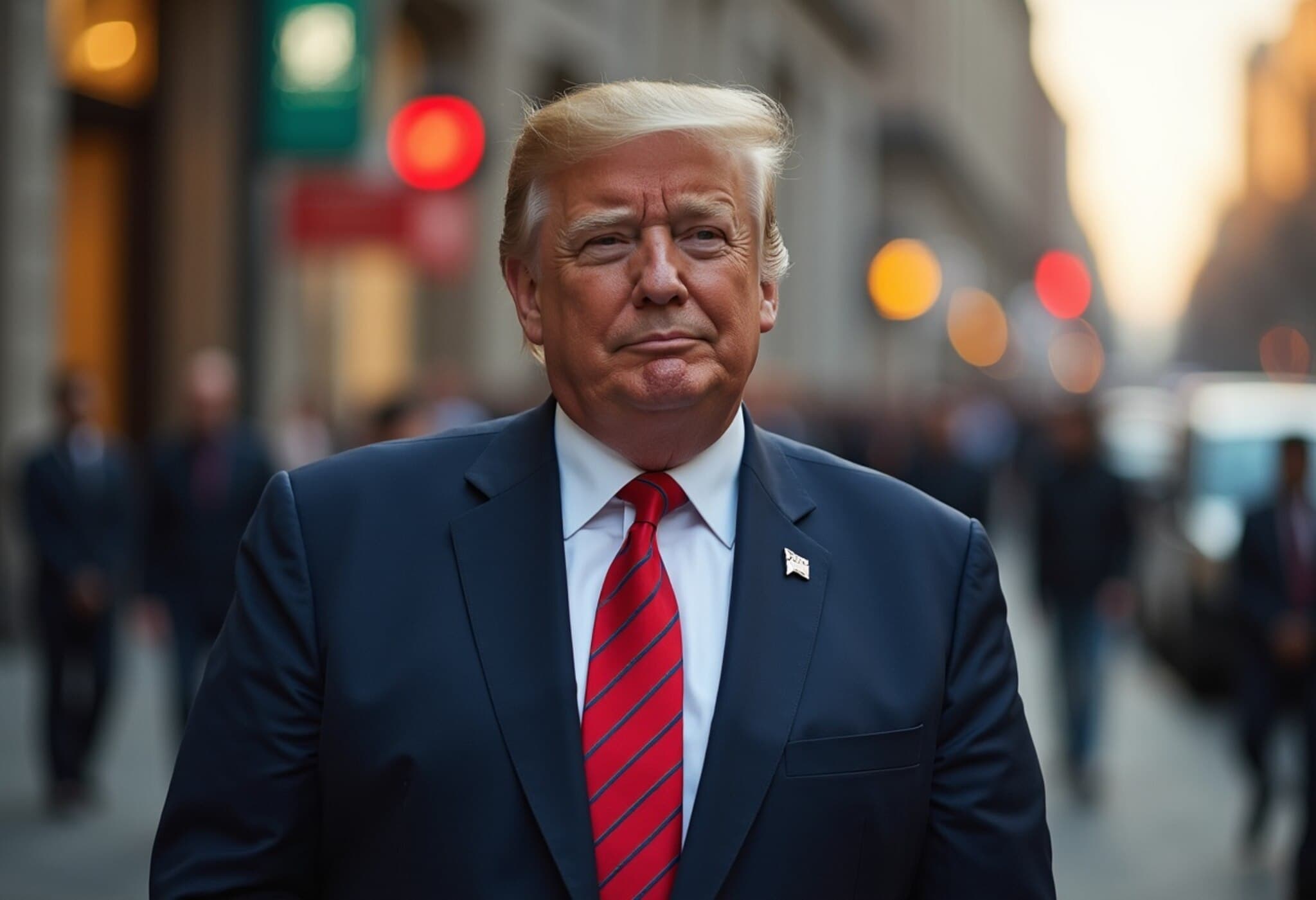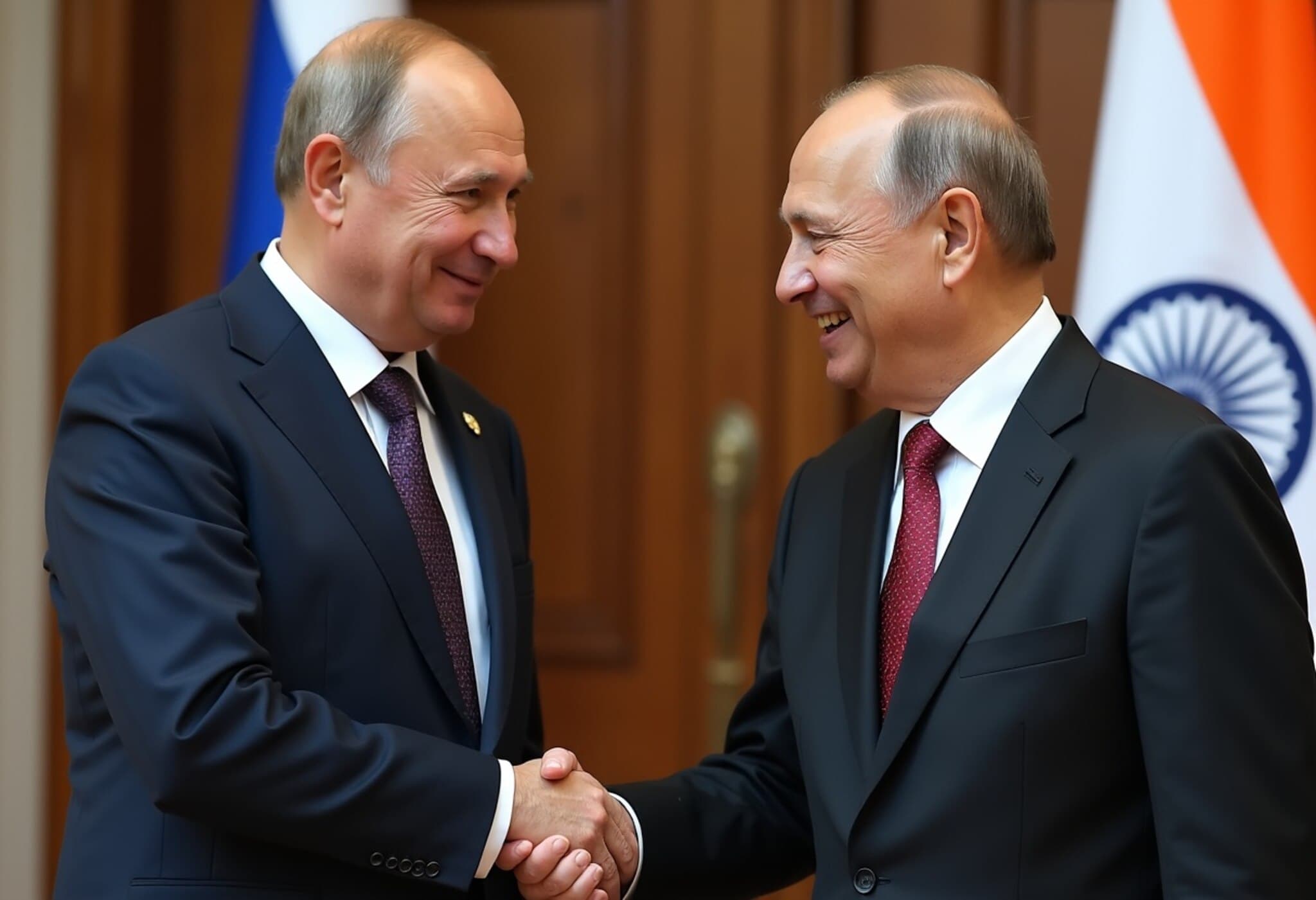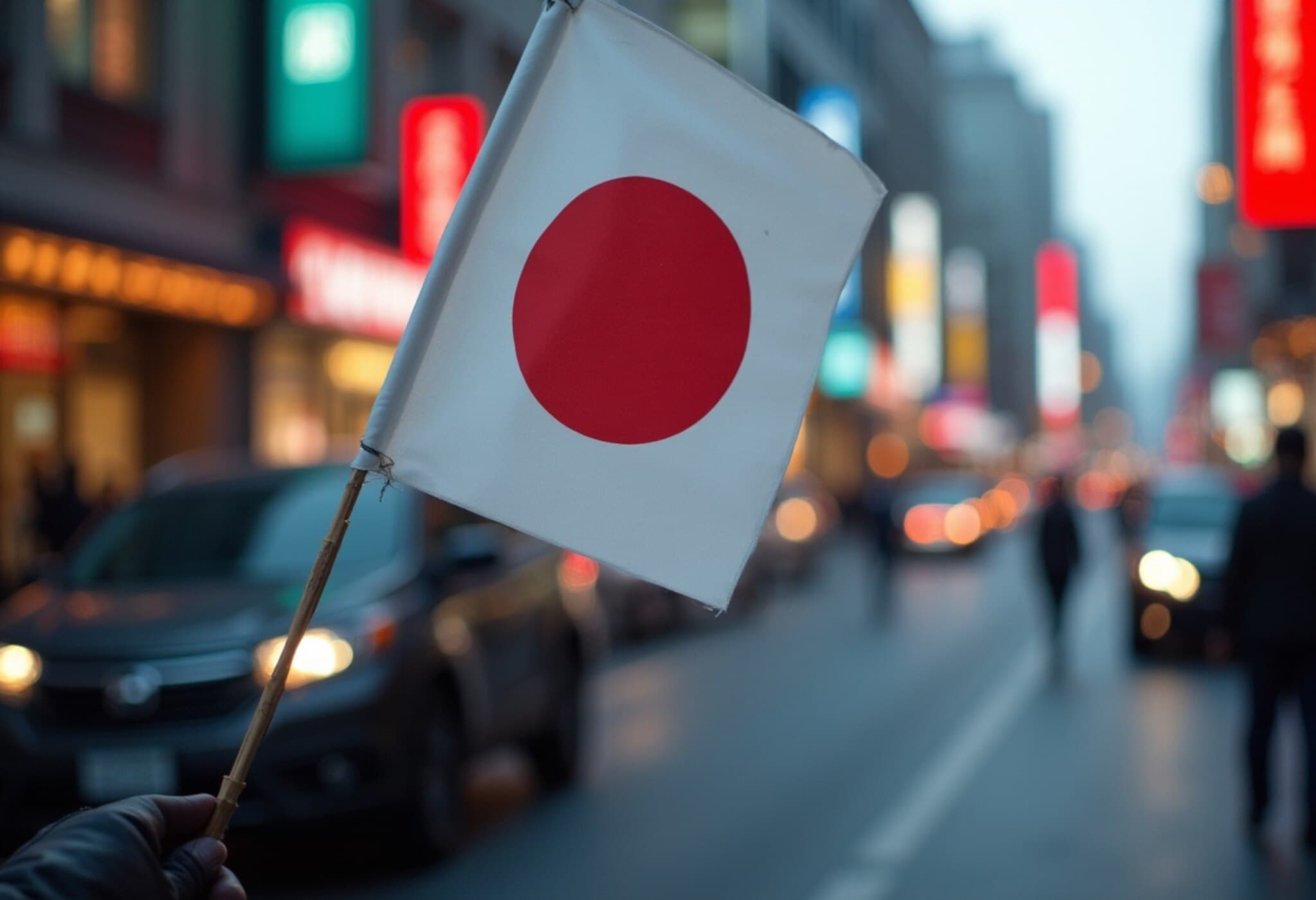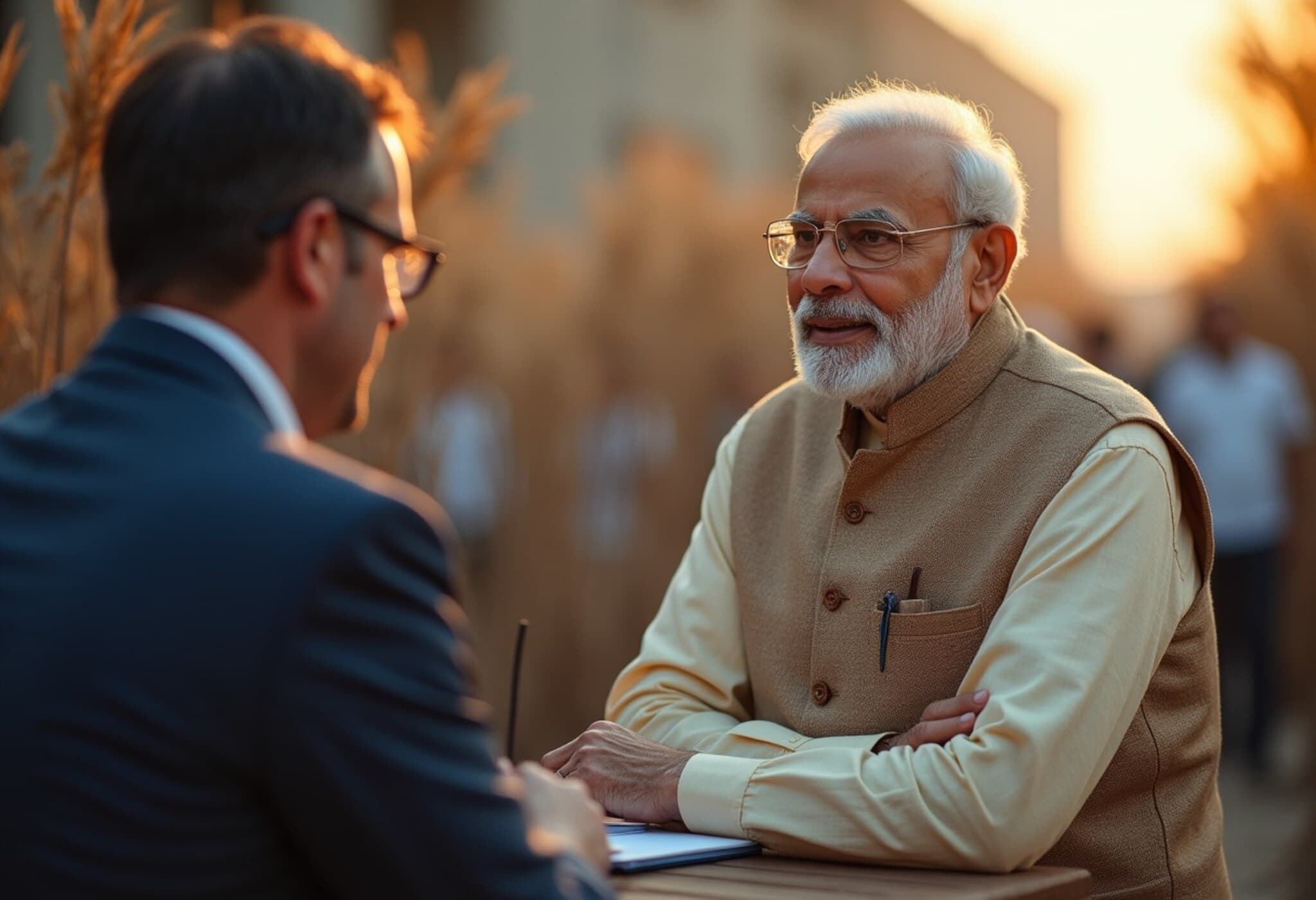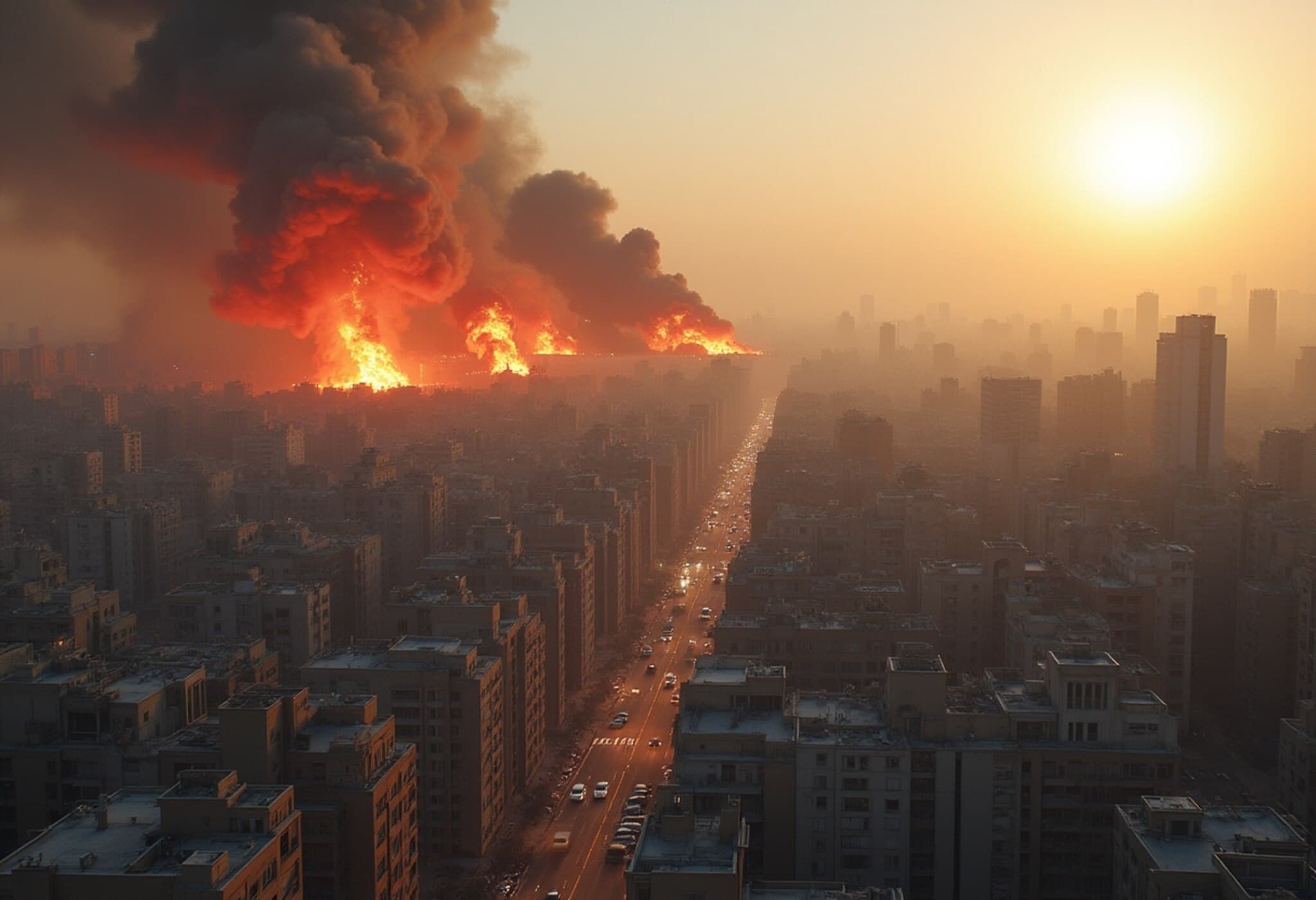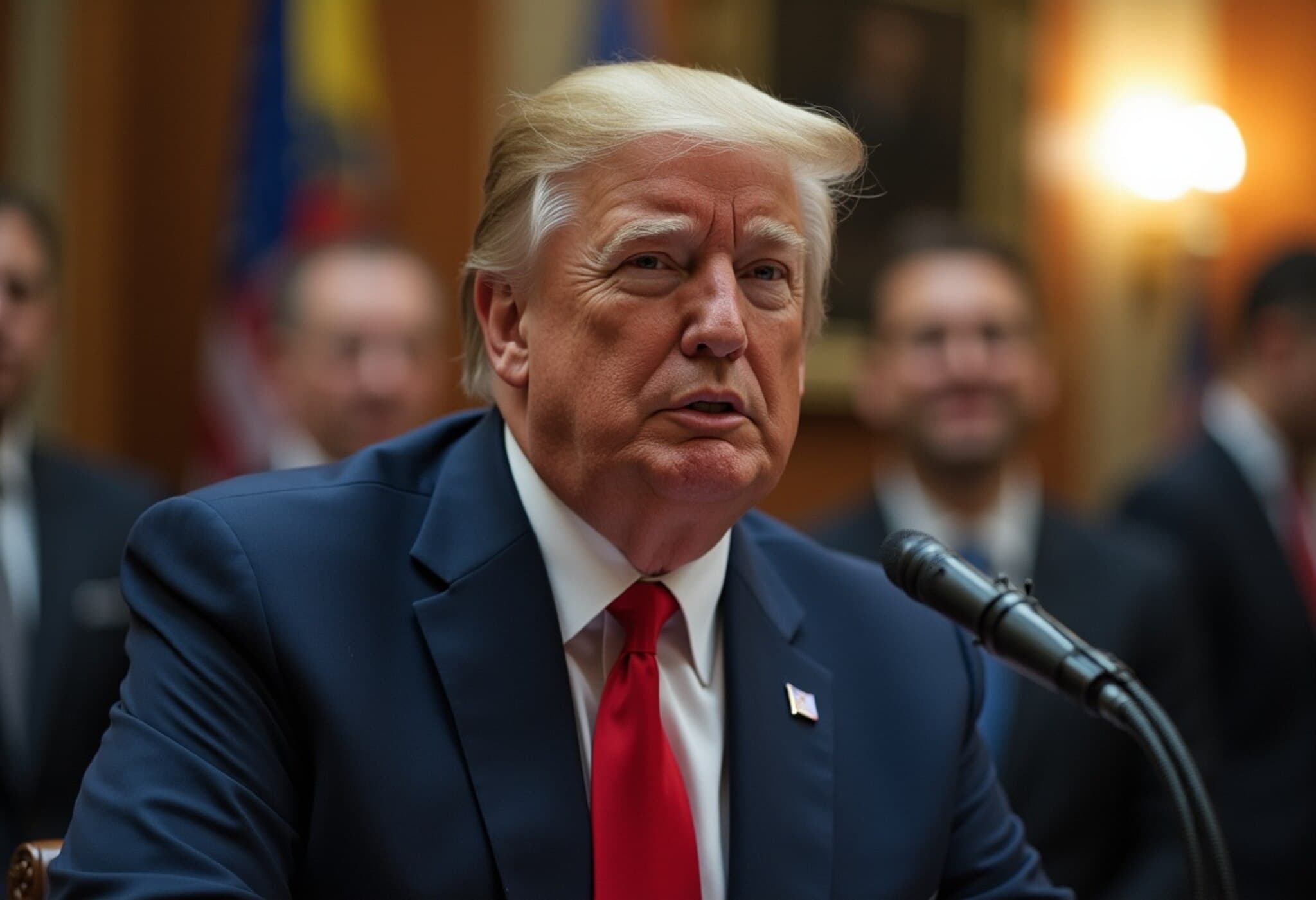Trump Suspends Trade Discussions Amid US-India Frictions Over Russia Oil
In a bold and uncompromising stance, US President Donald Trump declared on August 8, 2025, that no further trade negotiations with India will proceed until the contentious issue of India’s continued import of Russian oil is resolved. Speaking from the Oval Office during a press briefing, Trump reinforced his administration’s hard line against New Delhi’s energy ties with Moscow amid the ongoing conflict in Ukraine.
Background: Rising Tensions Over Russian Oil Purchases
Over the past week, Trump and his officials have intensified pressure on India to sever its oil imports from Russia, framing these transactions as contradictory to global efforts aimed at isolating Russia economically. In a recent executive order, the Trump administration linked India’s ongoing Russian oil trade directly to the steep tariffs imposed on Indian goods, with tariffs nearly doubling — to an aggregate of approximately 50 percent.
Responding to a query from ANI regarding potential trade talks, Trump unequivocally ruled out any deal-making until the tariff and oil purchase issues are addressed, stating, “No, not until we get it resolved.”
Trade Disputes: A Continuing Saga
The roots of the current exchange trace back to July 29, when Indian Prime Minister Narendra Modi publicly noted that no global leader had pressured India to halt its Russian oil imports—subtly challenging Trump’s claims without direct mention. Modi’s remarks came during a Lok Sabha session and were quickly followed by Trump’s public announcements of punitive tariffs on India, framing the move as a response to India’s relationship with Russia on defence and energy fronts.
On social media platform Truth Social, Trump emphasized, “They (India) have always bought a vast majority of their military equipment from Russia and are Russia’s largest buyer of ENERGY, along with China, at a time when everyone wants Russia to STOP THE KILLING IN UKRAINE — ALL THINGS NOT GOOD! INDIA WILL THEREFORE BE PAYING A TARIFF OF 25%, PLUS A PENALTY FOR THE ABOVE.” This rhetoric underscores the tight US calculus linking geopolitical alignments with trade policies.
India’s Response: Defending Sovereign Interests
India’s Ministry of External Affairs (MEA) swiftly labeled the tariffs as "unfair, unjustified and unreasonable," citing double standards from the US and EU regarding trade with Russia. The MEA pointed out that the US, for instance, continues to import uranium hexafluoride—a critical nuclear fuel component—from Russia despite the war, raising questions about the consistency of American actions.
Prime Minister Modi too weighed in firmly, emphasizing that India will not compromise on the welfare of its farmers, fishermen, and dairy producers in the face of these tariffs. Modi acknowledged the heavy economic costs but affirmed India’s readiness to endure them, signaling a prioritization of national interests over external economic pressures.
Expert Analysis: Navigating Complex Geopolitics and Trade
The US decision to link tariffs explicitly to India’s Russian oil imports highlights a broader strategic tug-of-war, not merely about economics but also geopolitical signaling amid the Ukraine conflict. The punitive tariffs could risk shifting India’s alignment further towards Russia and other non-Western blocs if unresolved.
American trade policy experts suggest this tactic aims to compel India to reconsider its strategic autonomy, but it risks alienating a vital democratic partner in the Indo-Pacific region. Moreover, the MEA’s citing of continued US-Russia trade relations spotlights an ongoing debate about ethical foreign trade practices and the balancing of national security versus economic interests globally.
Looking Ahead: Will Dialogue Resume?
Trump’s firm stance leaves the path to renewed US-India trade talks contingent on an often unpredictable resolution regarding Russian oil imports. Both nations are at a critical crossroads: India balancing economic security with geopolitical pragmatism, and the US striving to maintain a united front against Russia’s aggression.
Meanwhile, economists warn that prolonged trade disruptions could have wider ripple effects on global markets, supply chains, and regional alliances, making this friction a pivotal issue to watch in international diplomacy.
Editor’s Note
This evolving US-India standoff serves as a stark reminder of how energy dependence and geopolitical conflicts intricately shape global trade policies. The dispute raises important questions about:
- How emerging economies navigate pressures from major powers while protecting national interests.
- The consistency and fairness of trade sanctions in complex international crises.
- The role of energy security in shaping diplomatic relations amidst wartime economies.
As these dynamics unfold, the global community watches closely, understanding that outcomes will influence the balance of power and economic stability across continents.

